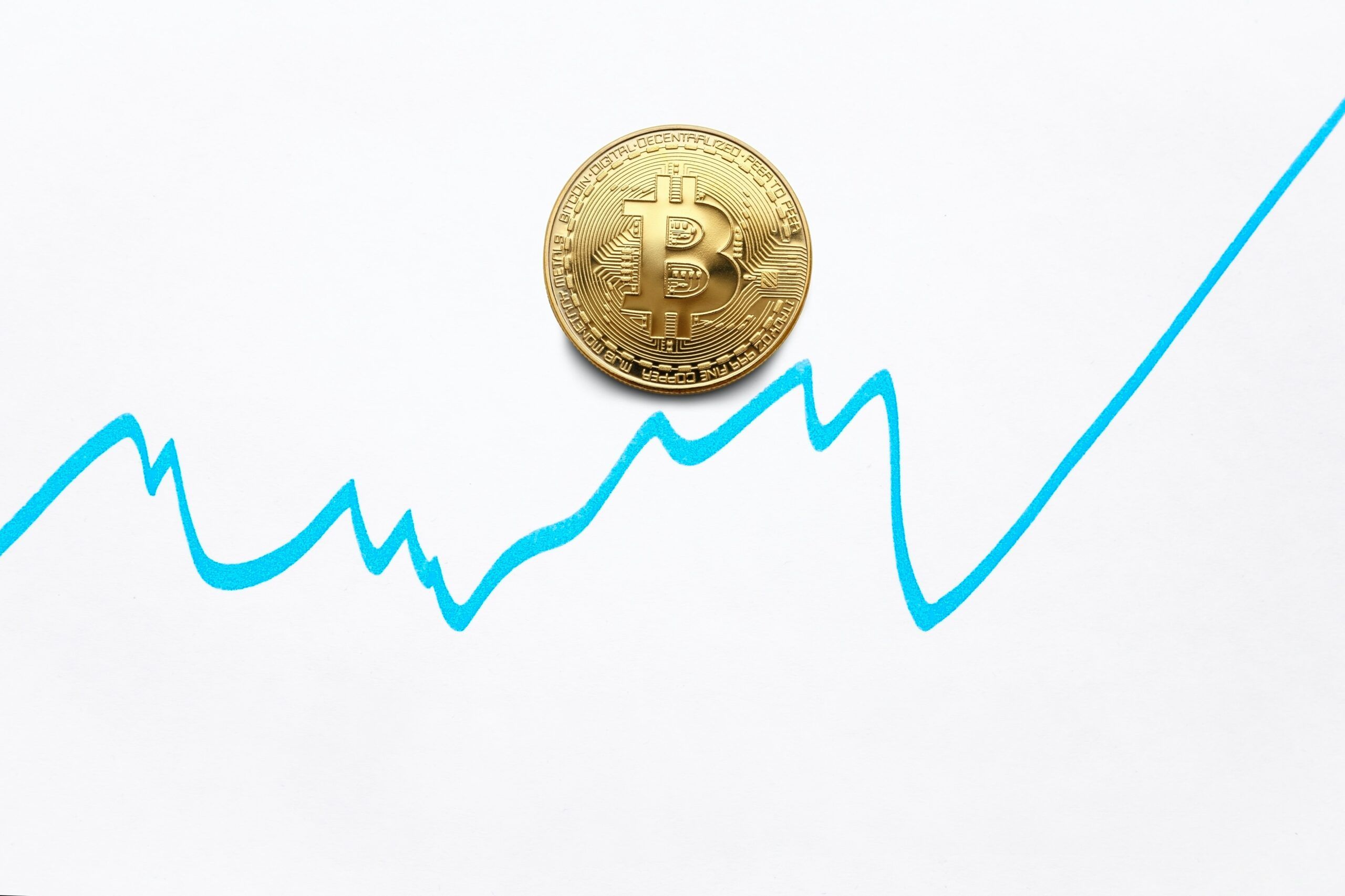Recently, Bitcoin prices dipped below the $60,000 mark and El Salvadorian President, Nayib Bukele, snapped up 420 coins ($25 million). Bukele stated that his government had decided to buy the dip in a series of Tweets. He went on to state that he has already started to make profits on his investment within just a few hours.
A number of sceptics challenged the president, asking how he had managed to make such profits while keeping the coins rather than selling them. Bukele tried to explain how the profits had occurred but critics were still wary as to how the purchases were being made.
The nation’s biggest left-leaning newspaper, El Diaro de Hoy, wrote that Bukele’s government “still has not disclosed how much it has spent on these crypto assets and has not stated if it has paid commission fees for each individual purchase.”
It has also been pointed out that the money used to buy the coins came from public funds. Bukele’s government has made a number of token purchases since September 7. This was the day that Bitcoin was granted legal tender status in the country, alongside the US dollar.
According to media outlet La Prensa Grafica, at the time of Bukele’s announcement “the price of bitcoin stood at USD 58,999, so it can be estimated that about USD 23.6m was spent on this latest purchase.”
No records of the Bitcoin purchases have been made public and observers have been left with nothing to base their calculations off of, other than Bukeles tweets. If the tweets are correct and the state has not sold any of its coins for cash, the Salvadorian Treasury now holds BTC 1,120 ($66 million).
Since introducing Bitcoin as legal tender, El Salvador has ramped up its efforts to own the coin. In September, the country started to mine Bitcoin with volcanic energy and has also launched its own Bitcoin wallet to encourage citizens to adopt the coin.












